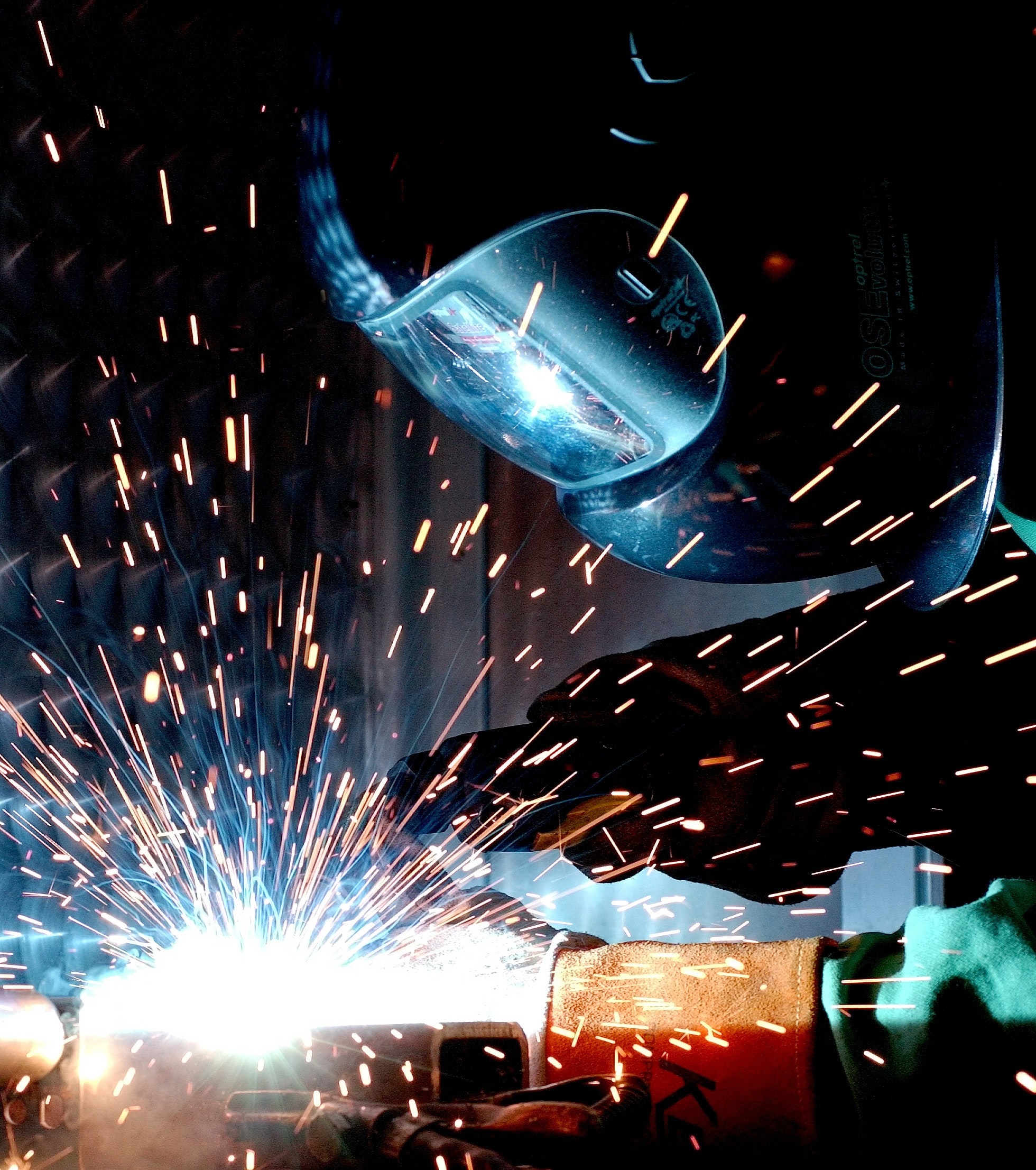How can you reduce your energy costs in the manufacturing industry?
Manufacturing is one of the biggest industries worldwide, operating on a vast scale to create, well, pretty much everything. As such, no matter what your company is manufacturing, it’s likely that in doing so, you’re consuming a lot of energy.
The cost of energy is increasing all of the time. It’s a problem that is being faced by every industry, and manufacturing is no different. But with the rise of cutting edge technology and innovative ideas, there are new ways that you can cut your energy bill, saving your company money – and improving your sustainability.
Why reducing energy consumption matters
Energy has two costs: one financial, and the other environmental. Energy efficiency is a progressive solution for both.
As research into climate change and the impact of our energy consumption grows, it’s becoming more and more important for businesses to value sustainability. 2021 is going to be a big year for placing a bigger push onto these factors, and we want to help you and your business get involved.
What’s more, is that operating in a more sustainable fashion will automatically cut down your financial costs. Every day, by using standard procedures and outdated solutions, businesses all over the globe are wasting their resources and increasing their utility bills.
So. What’s the solution here for the manufacturing industry?
Identifying wastage
One of the first steps for reducing your energy consumption is to look at the areas in which you’re wasting your resources.
Across a huge range of areas, outdated practices and standardised technology means that you’ve been wasting energy over a large period of time – without even realising it. Identifying these and finding ways to rectify them with modern technology and solutions means that moving forward, you can cut those additional costs.
Let’s look at two examples within the manufacturing industry – and the ways in which Suresense can help.
Motor Controllers
For manufacturing facilities, motors may account for more than 65% of your energy bill. This is predominantly due to the fact that AC induction motors have no way of intelligently adjusting their power consumption against the amount of energy they actually require for a task. As a result, more energy than needed is used, and that excess energy goes to waste.
Many AC induction motors are also sized for a scale of power that they will rarely encounter, meaning even on a typical load cycle, energy is wasted. Even starting motors can be costly, and when starting direct on-line, it can draw 6-9 times its normal full load power, often triggering penalty fees from utility companies, and risking premature mechanical failure and maintenance costs.
Integra
The Suresense solution is this: Integra, an intelligent, fixed-speed motor control.
Much like how cruise control on a car intelligently adjusts the amount of power an engine produces to maintain a fixed speed, Integra does the same to your motors. Working by converting the motor into its own load sensor, it ensures the motor uses the exact amount of energy required for a task in real time. No energy is wasted because the motor will only draw the optimum amount needed to perform.
Integra also provides a soft start and smoother, controlled acceleration for motors. This reduces the risk of penalties and wear and tear of your motors – subsequently saving you money not only in terms of energy consumption itself, but also in mechanical maintenance and the frequency of future replacements.
As a result of using Integra, you could save up to 40% of what could be accounting for over 65% of your energy bill.
Lighting
Did you know that lighting can account for up to 50% of a company’s overall energy costs? That’s a lot of money – and often, due to poor practice and outdated, inefficient technology, it’s an unnecessary figure to waste.
The two main problems with lighting across various industries are as follows:
- Conventional incandescent bulbs convert up to 95% of their energy into heat, not light – meaning a lot of energy is being needlessly wasted.
- Poor user behaviour means that artificial light is being used when it doesn’t need to be.
Eluma
Eluma is our innovative, intelligent solution to both of these problems, and can save you huge amounts – up to 80 or 90% – in lighting costs.
First of all, Eluma can immediately halve your lighting costs, by replacing traditional bulbs with LED technology. Eluma LEDs also have an operating life of 100,000 hours, compared with the 20,000 of a fluorescent bulb – so you’re looking to reduce future replacement and maintenance costs. In fact, you’ll benefit from maintenance free lighting for more than a decade, which will have a double whammy effect on production. Plus, by running cooler and not using excess energy on heat instead of light, you can also expect to save up to 5% on cooling costs by using LEDs.
Secondly, Eluma is an intelligent solution – so it does the work for you. One of the biggest waste factors when it comes to lighting is human behaviour. Although switching off the lights is a simple thing, we forget to do it, constantly, and it builds up. Just think about how much energy you must waste from leaving one lightbulb on all night.
With Eluma, this isn’t a problem. Eluma Occupancy Sensors ensure that lights are automatically switched off when activity goes undetected. And with Eluma Daylight Harvesting, sensors will detect sufficient levels of natural light, so that additional lighting is turned off, or its intensity is lowered, when artificial light is not required in your working space.
Energy is saved by only using the appropriate level for lighting, and only when lighting is required. Our High-Bay Lighting units are perfect for manufacturing facilities in particular, and provide optimum energy management for proficient work settings.
Reduce your energy costs in 2021 – both financially, and sustainably. Get in touch for more information on how Suresense can help you today.
Visit the Suresense Technologies Ltd website for more information on How can you reduce your energy costs in the manufacturing industry?





